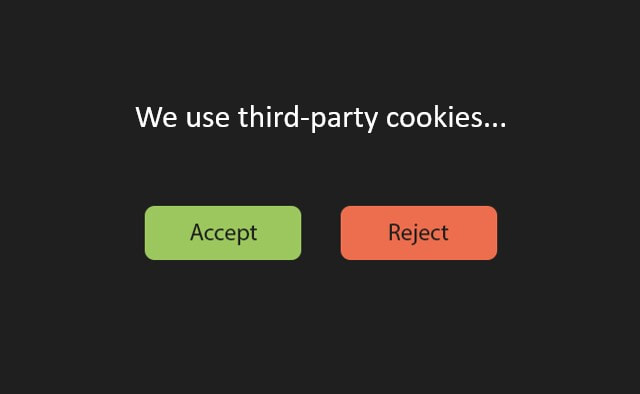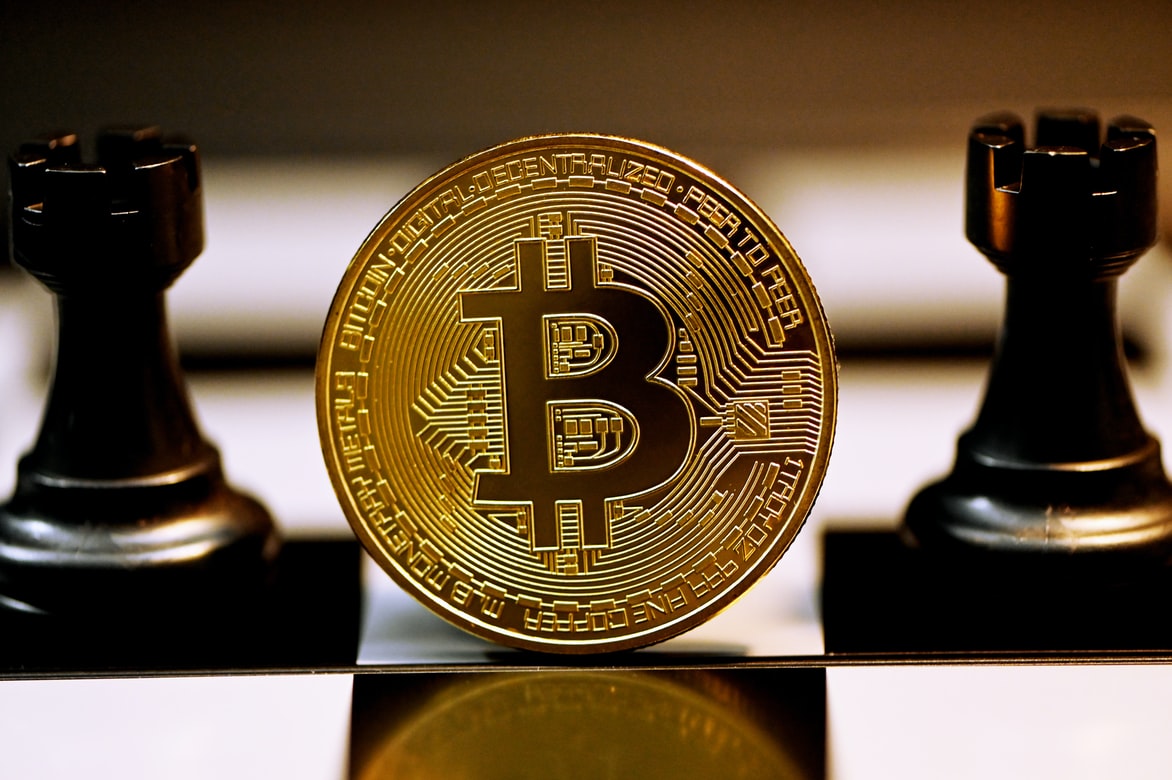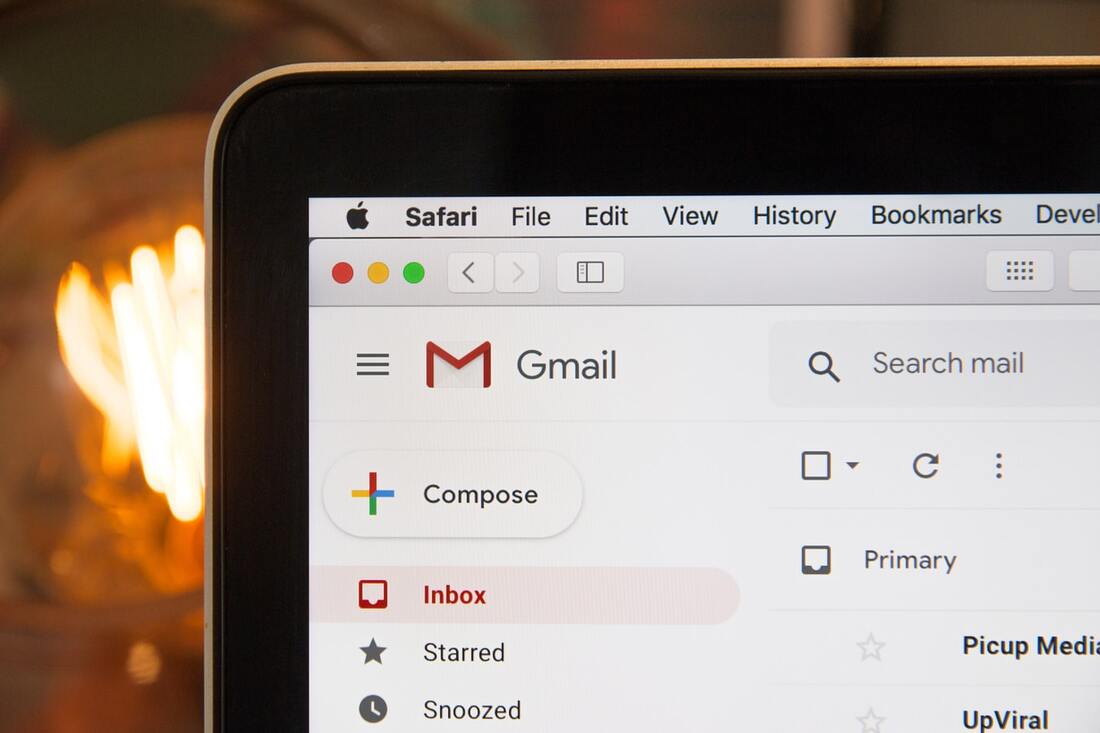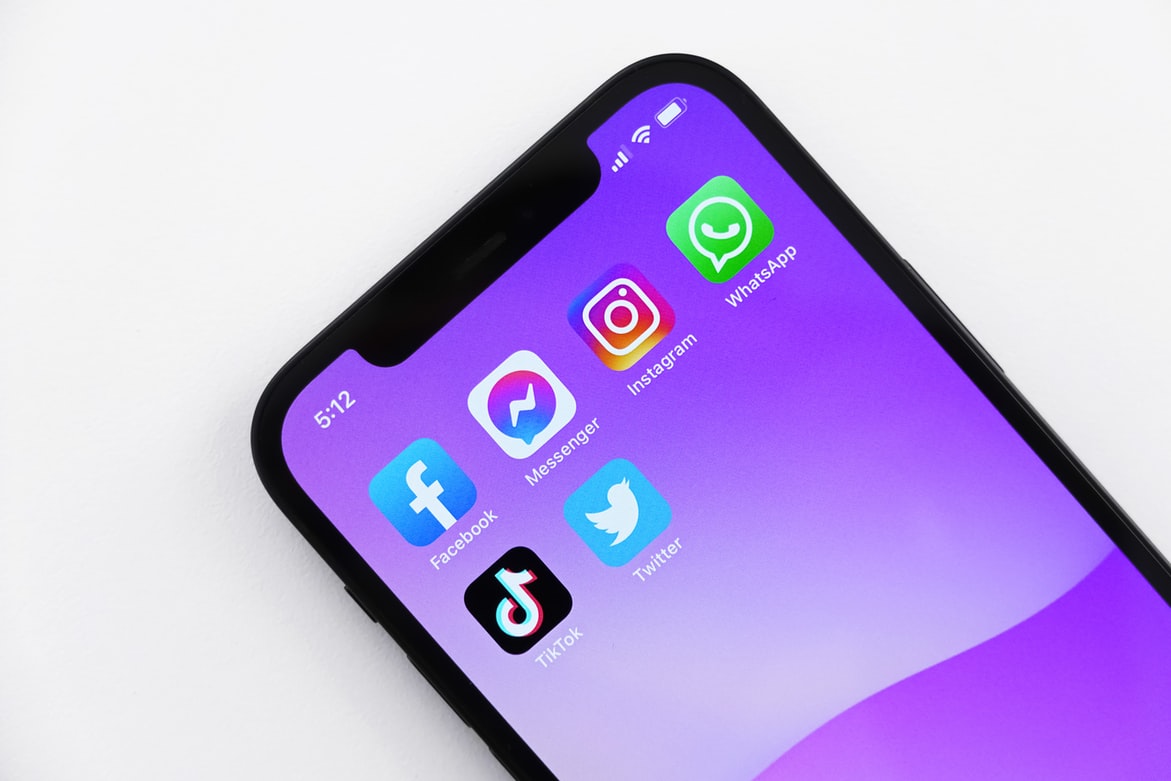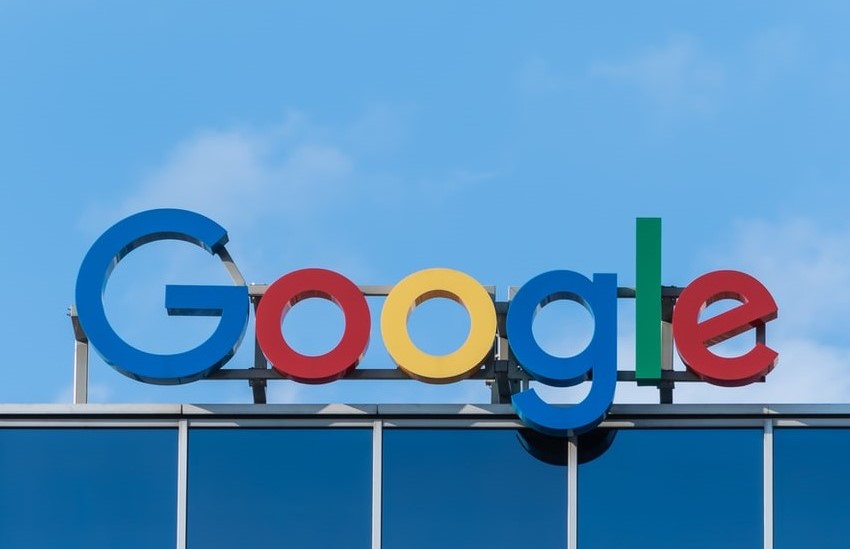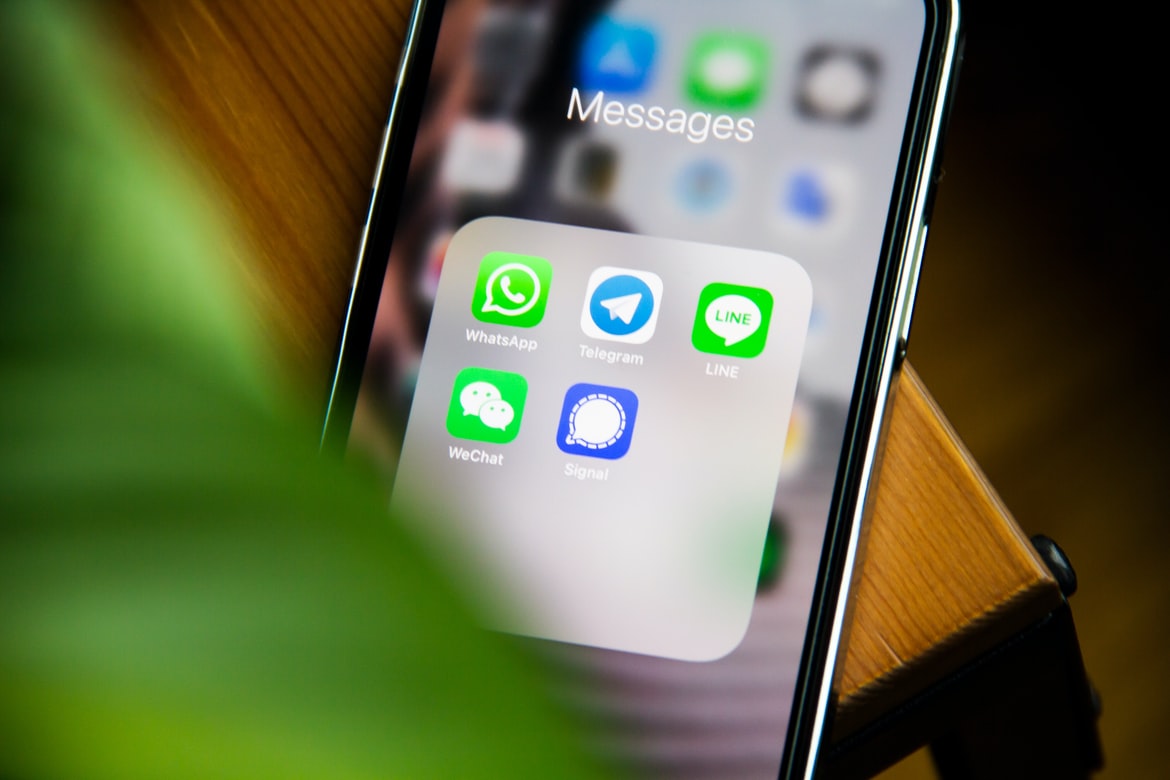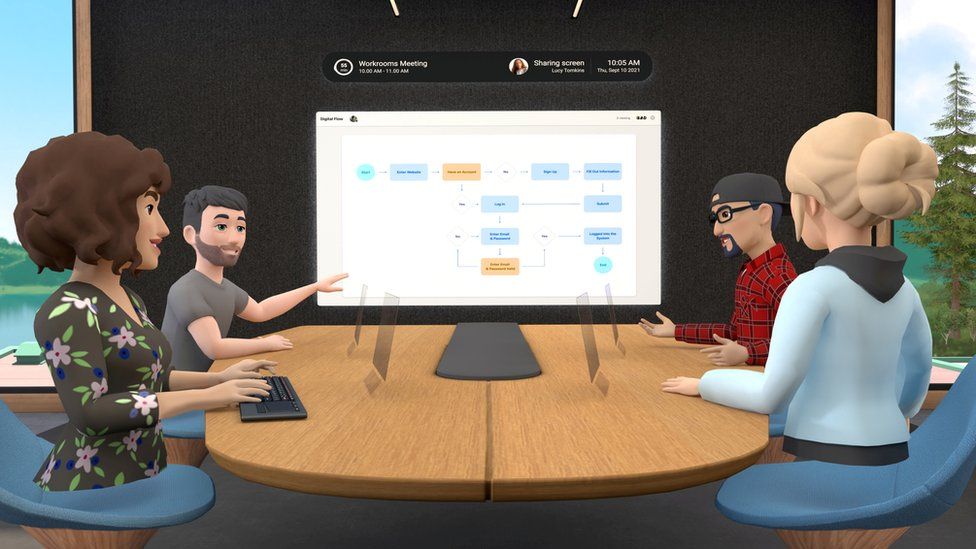ARTificial IntelligenceAI is getting more creative. But do we consider its creations “art”? In this head-to-head experiment, we tested the extent to which a painting by an AI vs. human is considered “art”.
|
Algorithms vs. ManagersThere's an "AI" in fairness. But do we see fairness in AI? We tested perceptions of AI vs. managers' judgment in healthcare distribution.
|
Cookies: To Manage or RejectIf given the choice to Accept or Reject Cookies, which would you choose? It may depend on how companies present the choice.
|
Crypto EvangelistsInvesting in cryptocurrencies seems to be all the rage. But what do people actually think of crypto evangelists? We tested how talking about crypto affects one’s likability.
|
Email Address Domains: Gmail vs. YahooIf you use an email address from a domain other than Gmail, you may wonder if it affects your professionalism. We tested it.
|
Email Address FormalityWhat’s in a name? A lot, if it’s in your email address. We tested two common forms of personal email addresses to see if either is viewed as more professional.
|
Facebook vs. InstagramAre users of certain social media platforms perceived differently by everyday people? We tested general perceptions of likability for users of Facebook vs. Instagram.
|
Google Ads vs. Organic SearchAre we less likely to click on a link to a website in Google search when it’s an Ad vs. an organic search result? We tested it.
|
Google vs. Bing: Trust in SearchTrust in the information we search for online depends on many factors. Might it depend on the search engine we use?
|
iPhone vs. Android: Green TextsThose green bubbles on iPhones when texting an Android user have been satirized by pop culture. But do we really think differently of Android vs. iPhone senders?
|
Mac vs. PCMac vs. PC. It's the quintessential battle in the tech-spec arena. But what about the arena of brand perceptions? We tested whether Mac users are perceived as more sophisticated.
|
Meeting in the MetaverseWe tested whether workers would look forward to a meeting in the Metaverse more or less than a meeting via Zoom.
|
Memes & AdsMemes can be funny. But is a sponsored meme with product placement less funny? We put it to the test.
|
Meta vs. Facebook: What's in a Name?Meta, formerly known as Facebook, changed its name while embroiled in controversy. Did the name change deflect some of those negative perceptions?
|
Online Degree PerceptionsOnline degrees are becoming more common. Are these graduates perceived to be just as competent as their in-person degree counterparts?
|
Phone Call AnxietySome of us hate phone calls. But are those unexpected calls, particularly from unknown numbers, enough to trigger real anxiety?
|
Robots vs. ComputersBusinesses have started using robots in place of computers or people for certain jobs (e.g., at airports). Are people excited, or raging against the machine?
|
Social Media & MoodCan social media affect our mental well-being? We tested whether luxury posts, memes, or cute animals help or hurt our minds while scrolling.
|
TikTok vs. TwitterPop culture hasn't been overly kind to to TikTok users. But are they actually less liked? We tested the likability of TikTok vs. Twitter users.
|
URL Domain TrustMore and more URL domains other than .com have been springing up. We tested whether internet users trust .com or .net more.
|
Video Games vs. Table GamesDo we enjoy table games or video games more? And are there differences between genders or generations?
|
Video Length and Desire to WatchA friend wants to show you a video. Might its length move the needle from interested to annoyed?
|
Wikipedia vs. EncyclopediaHas Wikipedia finally achieved the believability of traditional encyclopedias?
|



